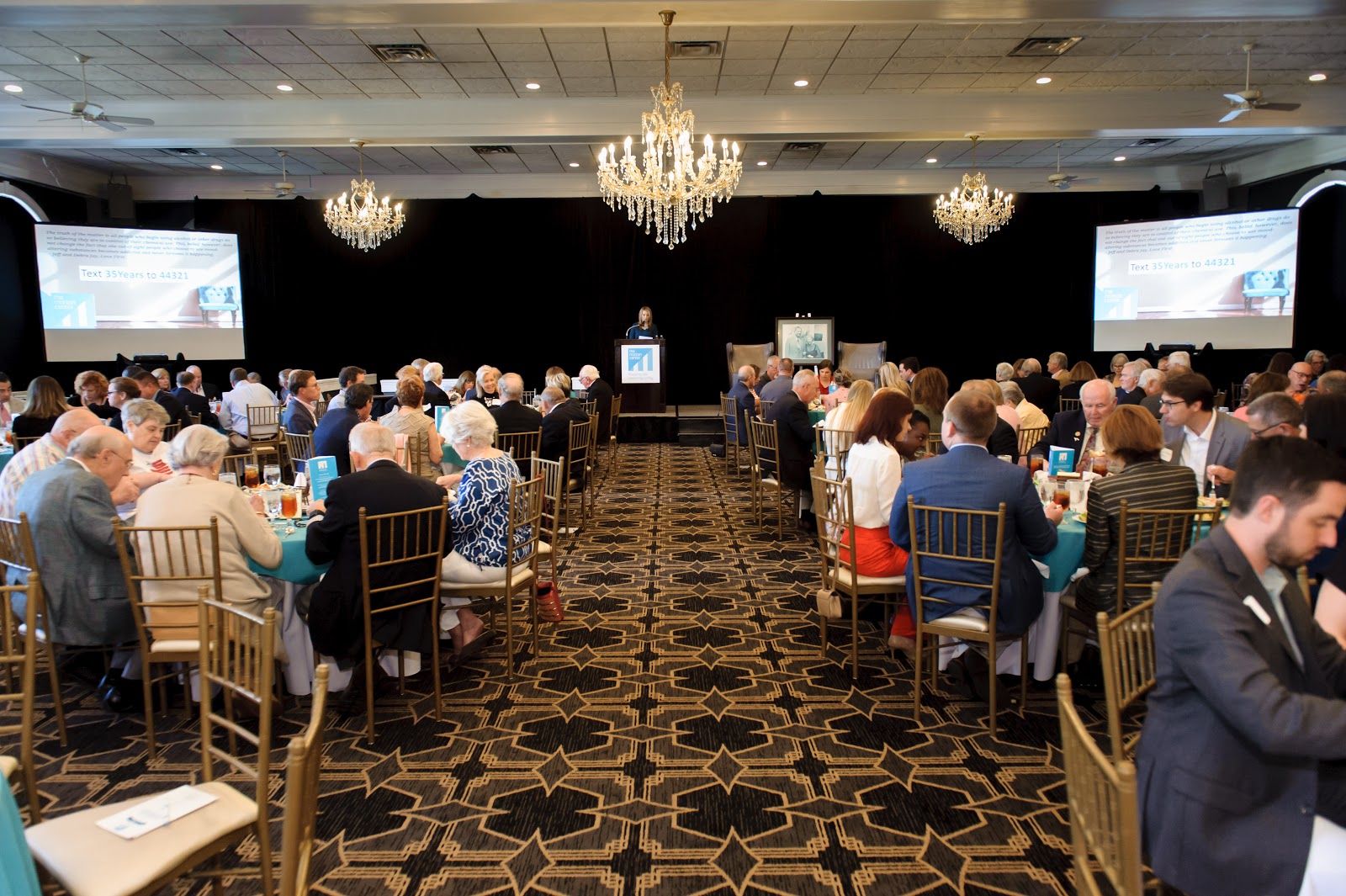Hotline for National Substance Abuse Support
24/7 Support Available, Confidential and Free of Charge
Best Alcohol & Drug Rehab Treatment Centers in Louisville, Kentucky
But we refuse to let this statistic define us. Instead, we are committed to providing resources and support for those struggling with addiction in our community. On our website, you will find the latest local facts and statistics on drug addiction, as well as information on treatment options available in Louisville.
We understand that overcoming addiction is not an easy journey, which is why we have compiled a list of local treatment centers, support groups, and hotlines that are dedicated to helping individuals on their path to recovery. These resources range from outpatient programs to residential rehabilitation centers, catering to various levels of addiction and personal needs.
In addition to traditional treatment, our website also offers unique information on overcoming addiction within the specific context of Louisville. This includes insight on the specific drugs prevalent in our city, potential triggers and challenges faced by individuals in our community, and success stories from those who have overcome addiction in Louisville.
We believe that by coming together as a community and providing support for those affected by addiction, we can create a city that is healthier and more resilient. Our website serves as a platform for individuals, families, and communities to learn, connect, and heal together. We invite you to explore our resources and join us in our fight against drug addiction in Louisville. Together, we can make a difference. Ready to explore more treatment centers and take the next step towards recovery? Click here to discover range of options and find the support you need on your journey to wellness. Your path to healing starts now.
Featured Treatment Centers




Upcoming Meetings in Next 90 Minutes
Discover AA meetings to support your journey to recovery. Our extensive directory covers open, closed, speaker, and specialized meetings—all crafted to aid in your sobriety journey and sustained recovery.
